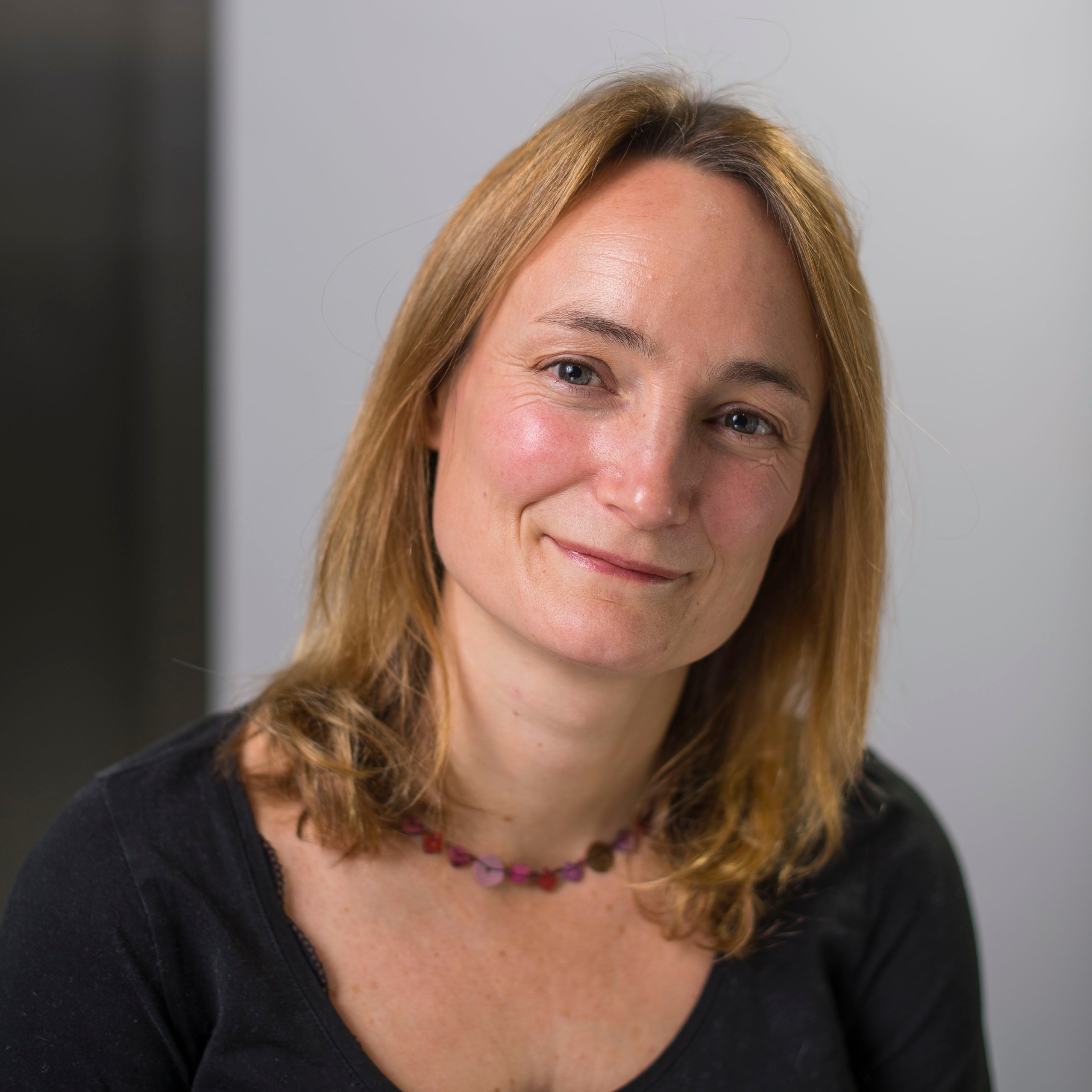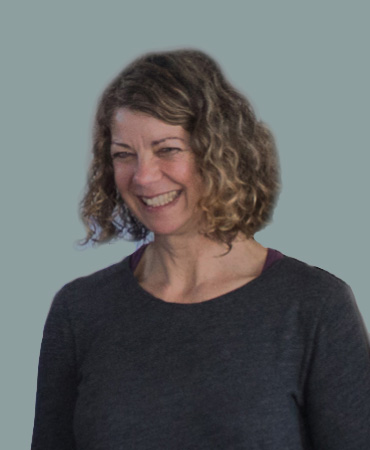Strengthening child and family welfare services in Torbay
Core Team
We have been working with local communities, the voluntary sector, and Torbay Council’s Public Health and Children’s Services teams since 2021. Using an embedded researcher approach (where researchers are co-located with statutory services and within communities), our work has direct, real-time impact supporting families and service providers in Torquay, Paignton and Brixham.
Our programme of work has focused on three core themes:
1) Improving early help support for families across Torbay.
Providing early support to families is essential to help stop problems escalating to crisis point. This research identified the challenges families experience seeking early help and the difficulties service providers encounter providing appropriate support. A final workshop brought together parents and service providers together to discuss the findings and agree nine key recommendations to help deliver better and more timely early help. These recommendations have all been taken up by Torbay Council and are in the process of being implemented.
Project outputs:
2) Co-developing the Breathing Space service for families who are at risk of/have experience of repeat child removals.
Parents who have children removed from their care often face complex underlying challenges with issues such as substance abuse, poor mental health, and domestic abuse. Without targeted support, many continue to experience adversity and go on to have further children removed into care, with these subsequent removals often taking place within the first few weeks of the child’s life. This is traumatic for the baby, parents, and service providers involved, as well as economically costly. With no systematic process in place in Torbay to support and promote a parent’s recovery after their baby is removed, vulnerable mothers can find themselves alone, unsupported and in acute distress. There is a complete absence of targeted provision for fathers in this situation in Torbay.
This research project works with these parents to identify core risk factors and priority areas for support. Our work is informing the development and implementation of Torbay Council’s ‘Breathing Space’ programme to provide timely support for parents who are at risk of, or who have experienced repeat child removal into state care. In the longer-term, it is expected that this programme of work will reduce the number of children in Torbay entering state care.
3) Understanding the support networks and needs of kinship carers.
Over 200,000 children in the UK are being raised by a grandparent, aunt/uncle, sibling or family friend. These 'kinship carers' have often stepped-in because the child's birth parents are unable to care for them. Becoming a kinship carer can put people's finances, jobs and relationships under great strain. To qualify for any help, kinship carers must go through complicated and often intrusive legal processes. Too often kinship carers are not getting the support they need.
The main source of support for many kinship carers comes from family, friends, and community groups. However, we don’t currently know who this more informal support is available to, what role it plays and how this differs with factors like kinship carer and child age, child needs, religion, ethnicity and location. We are working with Torbay Council, the national charity Kinship and across three sites in England (Torbay, Walsall, Newcastle) to understand this better and look at what support would be helpful for kinship carers.
All of our work provides insights which offer the potential for transferable learning, particularly for areas experiencing the challenges of coastal and rural deprivation






